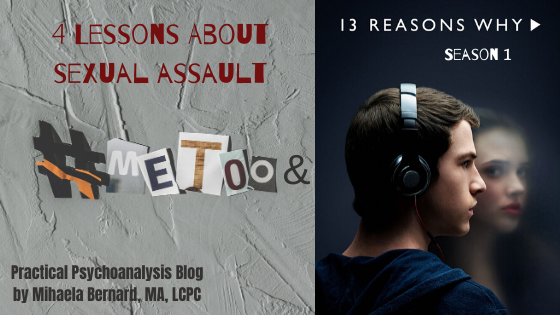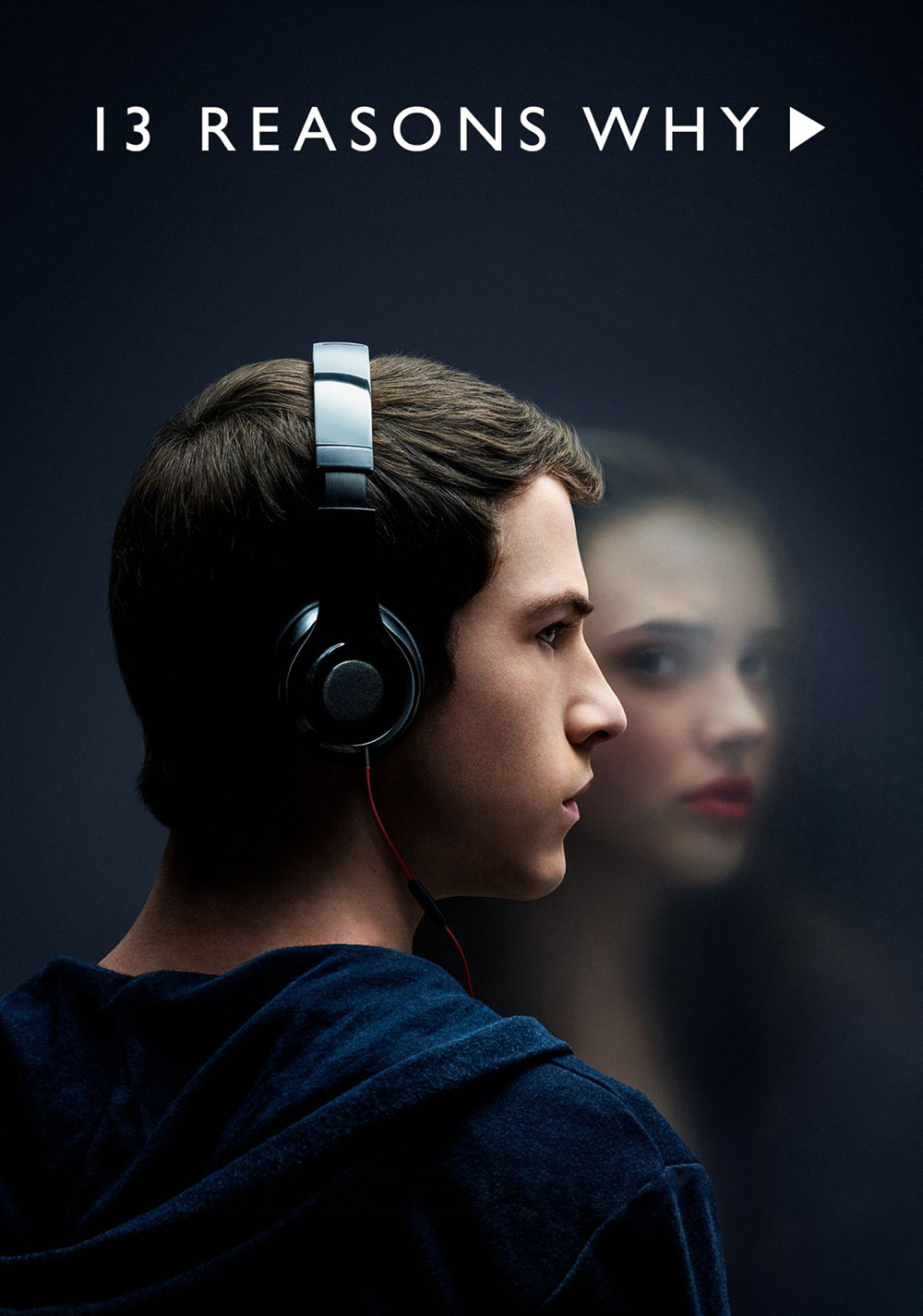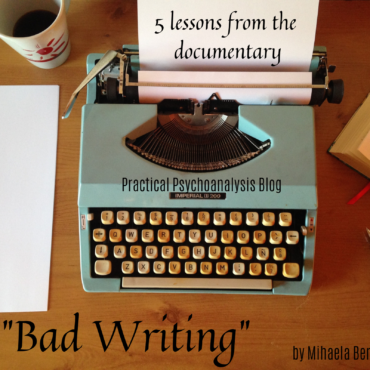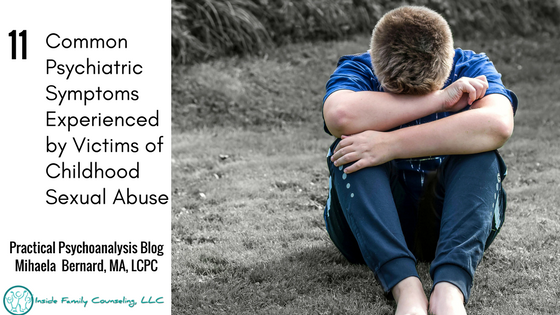I must admit – it has been hard watching the news over the past several months and witnessing the development of a movement I feel a part of because of the people I see in my clinical practice, both children and adults, who have experienced sexual violence or other forms of traumatic experience.
What’s even harder is seeing the lack of legal repercussions for those, who committed these crimes, and the sense of helplessness that this triggers in the survivors. If we mock people, who are brave enough to speak up, how are we to ever make any social change to protect children and adults, both men and women, from sexual perpetrators? How do we end this cycle of transgenerational abuse, because many people, who commit sexual crimes have been survivors of a sexual crime themselves?
Just this morning, there was a piece on CBS This Morning about the cover-ups of sexual abuse in the Catholic Church. No news there, really, other than people are finally starting to speak up and hold perpetrators accountable for their actions. #Time’sUp is right!
Last month, we began with a list of 4 TV Series that touch on the issue of sexual assault. Let us look at the first TV Show in this mini series and see how the question of sexual violence is addressed and what lessons can we learn from it.
If you have seen the show, you know by know that experiences like that are hard to watch and it is a natural defense mechanism to shy away from it, close your eyes, cover your ears and pretend it didn’t happen, either if it’s you or someone you heard about on television. There is a reason why “13 Reasons Why” was so controversial and I am not 100 percent sure it was simply because of the depiction of suicide alone.
In the show, we follow the storylines of five people, who are in one way or another connected to the experience of the sexual violence:
Hannah – witnesses her best friend get raped and later is a survivor of rape herself by the same perpetrator.Hannah is a controversial character in the series because of the main plot – she commits suicide as a result of series of events in her life and leaves tapes explaining the 13 Reasons Why she decided to take her own life. I could dedicate a whole blog post on analyzing Hannah’s character alone and looking into her psychology but I am more interested in capturing one of the big themes that the show makes us think about, i.e. the confrontation with sexual violence.
Jessica – the friend, who has to cope with the experience of rape and the betrayal of her boyfriend. Jessica’s character depicts many common reactions of survivors of sexual abuse from denial and anger at first, to shame, guilt, sadness and insecurity later. We see her trying to cope with the experience on her own at first and then with the help of her friends and family. As we will see later in the second season, the support Jessica receives from her family and friends, especially from her father, is indispensable in her recovery.
Justin – the boyfriend, who is a survivor of domestic violence and abuse himself, caught in the middle between his loyalty to the only friend he ever had and the perpetrator of the crime, and his girlfriend, whom he adores. His mother is a drug addict, who falls in love with physically abusive, raging alcoholic men and struggles to get away from this cycle of abuse to the expense of her own son. Justin tries to defend her many times but is caught defenseless against them and eventually turns to his friend, Bryce, for comfort. We see how Justin turns to drugs later in the show as a way to forget what he did, to drown his guilt and pain in drugs and return to a “blissful” state of deadly jouissance.
Bryce – the sexual aggressor and perpetrator, neglected himself by his own father and entitled to break any laws because of his social status and financial superiority. Bryce has no sense of shame or moral responsibility and acts like a father figure to his friend Justin, protecting him and nurturing him with material and quasi-emotional support Justin never saw at home. It is hard to think of this character as someone, who is in any way justified in his actions or in any way deserves empathy. I know there are therapists out there, who work with sexual offenders but the only way I personally can feel any empathy towards a perpetrator of sexual violence is if they were survivors of it themselves. I don not believe this is the case with Bryce.
Clay – the observer, the good kid, who is fighting for justice and wants to make it right. A good and somewhat anxious young man, Clay is the main character of the TV series and the book by the same title that inspired it. Hannah’s fling and friend, he is filled with regret for not acting on his loving feelings for Hannah sooner and anger in his need for revenge after he listens to the tapes. We see the importance of a good parental support system and the value of involved fathers and mothers in both Clay and later, in the second season, in Jessica’s family.
Of course, the series explores other important character’s in Hannah’s life, including both her parents, the school counselor, who spoke to her right before she committed suicide and the rest of her friends from school, who knew her. I will touch on some of those characters when we talk about the second season.
For now, let’s draw some conclusions and important lessons from the first season:
1. Sexual violence and sexual assault can affect anyone and often times, the perpetrator is someone that the survivor already knows.
2. The aftermath of sexual assault is devastating and could lead to serious mental health struggles, including substance abuse, depression, physical aggression and suicide or suicide attempt.
3. Parental neglect, violence and failure to teach and reinforce social and moral responsibility in ones children can be a factor in the development of perpetrators of sexual violence.
4. Peer and parental support are essential in the aftermath and recovery from sexual assault.
The second season of 13 Reasons Why continues to address the question of school bullying and takes it one notch further into the issues of school shootings and again, rape, this time, male rape. The idea of going to therapy is also touched on briefly and unfortunately, plays a tricky role in the overall theme of recovery. I will talk more about this second season in the next blog post.
In the meantime, leave your comments or questions in the comment section below.









